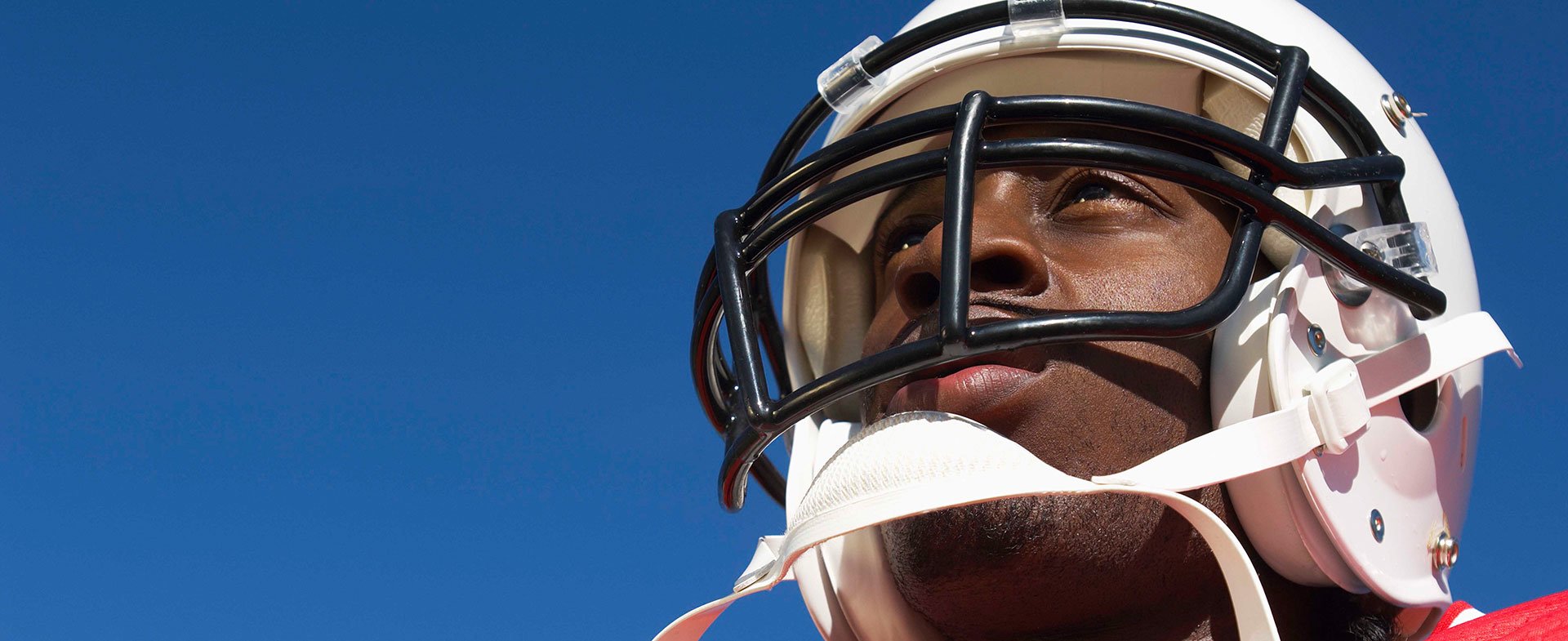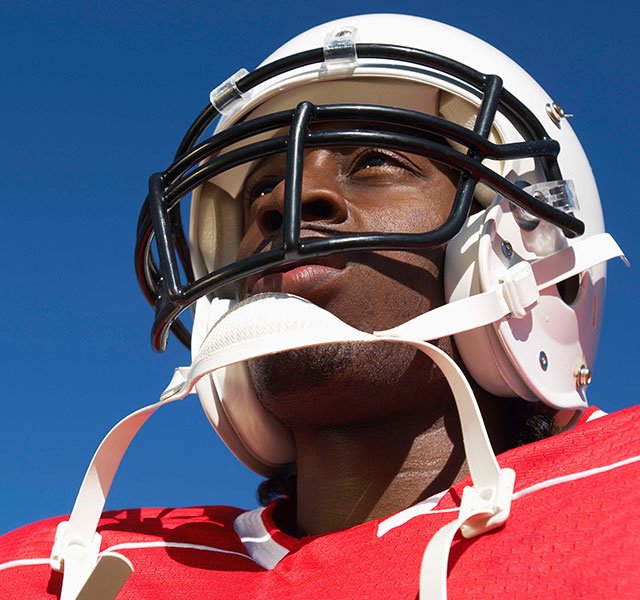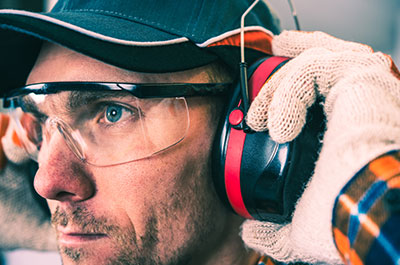In Any Given Sunday, the popular football movie from the late 1990s, Al Pacino’s coach character, Tony D’Amato, gives a rousing speech about football being a game of inches. But what happens when you can’t see those inches clearly?
In the case of one prominent Detroit Lions lineman, he had to leave the game several times during play to adjust or put in new contacts. Another player said that his contacts moved during play – keeping him from seeing the ball and hampering his ability to track the ball.
“This is a huge concern for professional athlete patients, whose livelihood depends on good eyesight,” says Kevin Everett, M.D., a Henry Ford refractive surgeon and team ophthalmologist for the Detroit Lions and Detroit Pistons. “It’s why many of them consider LASIK as a solution.” Dr. Everett has performed LASIK on more than 50 pro athletes.
What is LASIK?
LASIK is a laser surgery that reshapes the cornea to improve vision. It is the most common laser vision correction procedure, and it can be used to address nearsightedness, farsightedness and astigmatism. There are three steps:
- The surgeon creates a flap in the cornea, the clear outer layer that covers the eye, and folds this flap out of the way
- A laser is used to reshape the underlying cornea tissue
- The surgeon repositions the flap, which seals and acts as a natural bandage on the cornea
“I’m Not a Pro, so Why Should I Consider LASIK?”
Imagine taking a basketball in the face during your pickup league because your peripheral vision through your glasses isn’t clear. Or losing a contact lens as you hurtle down the chute into a dumpster full of ice water in the grueling Tough Mudder race, one of several popular endurance events that have drawn millions of participants in recent years.
“Clear vision and freedom from contacts or glasses can make a difference in performance at any level of competition, in any sport,” Dr. Everett says.
The Risks and Evolution of LASIK
For these reasons, LASIK is a huge draw for athletes, but it’s also important to recognize that it is surgery – and as with any surgery, there are potential risks.
“The success rate is extremely high and the complication rate is extremely low, but it’s not zero,” Dr. Everett says.
Refractive surgeons conduct an extensive workup and medical history first to determine eligibility for LASIK. During this time, your doctor will also discuss your potential outcome.
“LASIK has evolved in recent years,” Dr. Everett says. “With the latest technology advancements, we are able to customize the procedure to an individual’s eyes, which in turn has helped to reduce the risk of complications even lower and encourage better outcomes.”
Special Considerations for Athletes
- Healing time: To help avoid infection and prevent the flap from becoming dislodged, this can mean being out of play for a few weeks or more. Many athletes choose to have LASIK at the beginning of their off-season.
- Recovery monitoring: Each person’s eyes are different. Your surgeon will work with you to help determine when you can return to your sport while ensuring the best possible outcome.
- Protective eye gear: Your surgeon also may advise that you wear goggles when resuming play to help protect the flap during the extended healing process.
- LASIK alternative: In certain high-contact sports, such as boxing, hard hits to the head are more likely and could dislodge the flap even after healing. In these cases, your surgeon may recommend an alternative procedure known as PRK. This does not create a corneal flap, but typically there is a much longer healing time.
“LASIK can be a good choice for many athletes — and non-athletes too — but it should be an informed choice,” Dr. Everett says. “By understanding your options and committing to your specific care plan, we’re almost always going to deliver a great outcome to you.”
Are you interested in LASIK? To schedule a consultation with a Henry Ford refractive surgeon, visit henryford.com or call 1-800-EYE-CARE.
Kevin J. Everett is a refractive surgeon and the team ophthalmologist for the Detroit Lions and Detroit Pistons. He sees patients at the Henry Ford OptimEyes Super Vision Center – Lakeside (located in Sterling Heights).



